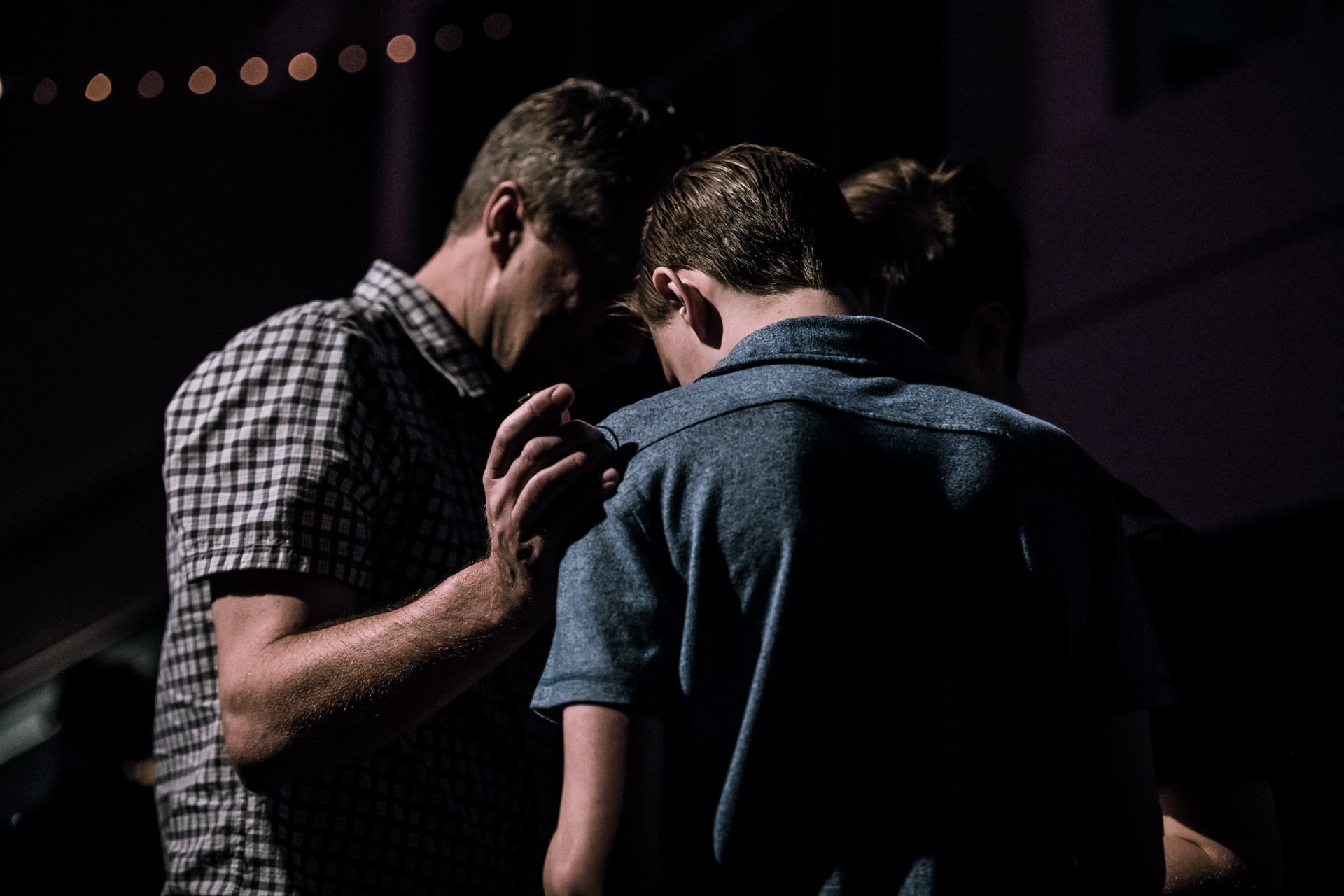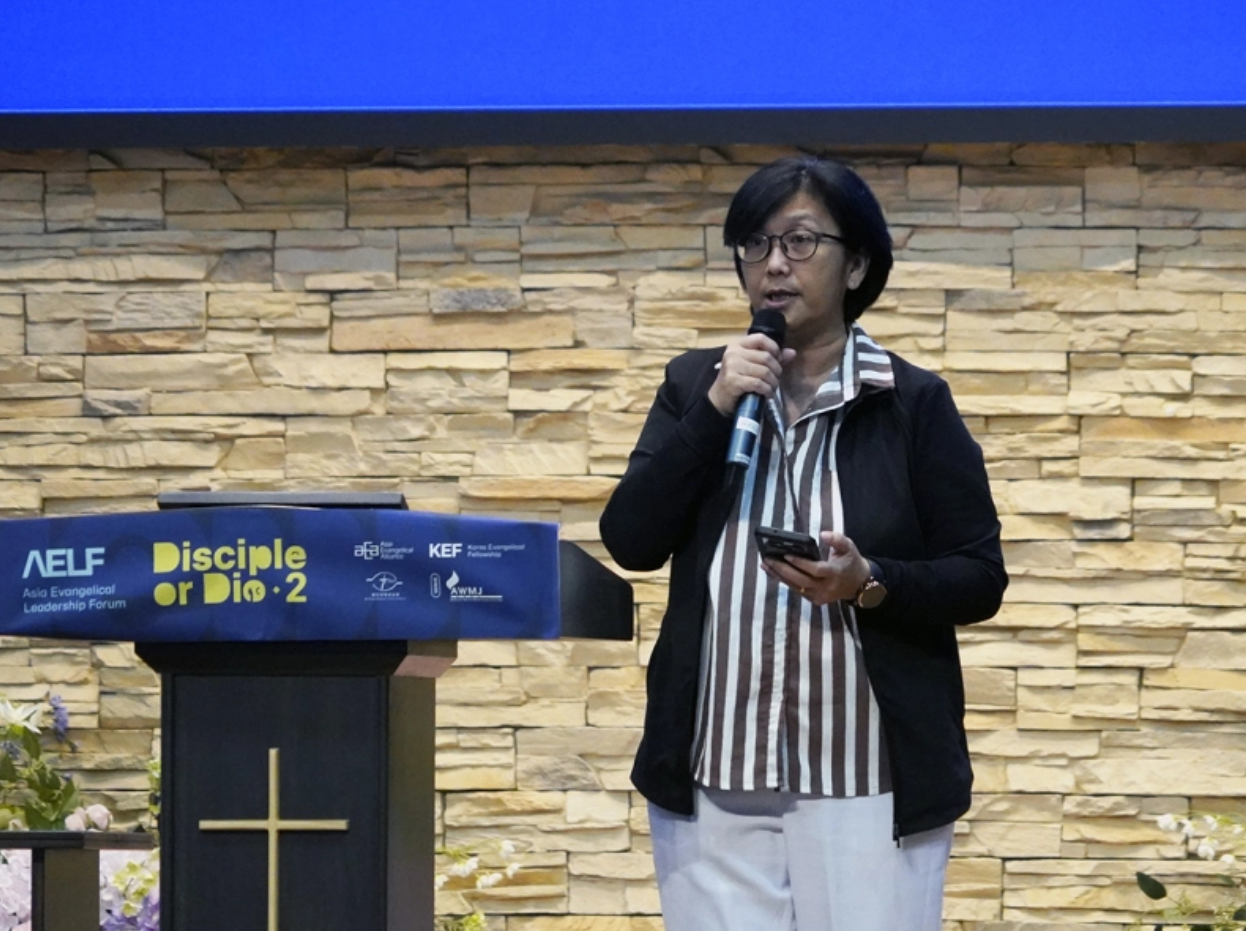A Youth for Christ ministry director based in Oregon has stated that she believes churches need to do a better job of building bridges to meet young people where they are.
Jessica Olsen, who serves as a middle school site director with Lane County Youth For Christ and primarily works with students aged 11 to 15 from Cal Young Middle School and Monroe Middle School, spoke with The Christian Post last week.
Based on her experience growing up in youth group and through what she has seen serving in youth ministry, Olsen said she believes churches tend to oversimplify Sunday School lessons.
“A lot of the students don’t know the basics of how to read the Bible or theology. I think a lot of times people will say, ‘Oh, that’s too big for young students.’ But, I find myself telling kids all the time, ‘The Bible is made up of books, and in those books are chapters and not all of them are the same. Some of them are historical. Some are poetry,’” Olsen said.
“I think because of the internet and their access to other people telling them what they should believe about the church, it’s made them want real answers. But, sometimes churches want to talk topically and share specific stories that they think would be enticing to youth instead of just being honest and talking about what they want to talk about.”
Olsen told CP that there are a lot of inaccurate preconceptions among many youth about the Christian faith and about what church is because of things they read online.
This confusion is also taking place, she said, due to the rise of deconstructionism — a movement within American Christianity that strives to disassociate from conservative, evangelical views and that seeks to “deconstruct” contemporary expressions of Christianity.
“I think that people hear something and they just mistake it for truth,” Olsen said, noting that her non-Christian brother once heard something negative about Christianity and later he found out, with Olsen’s help, that the negative thing was not in the Bible.
“You have a lot of people saying, ‘Here’s why Christians are wrong,’ ‘The Bible is wrong or contradicts itself,’ and so you see a YouTube video or a TikTok of someone ranting about ‘this is why I know.’ But, very few people are going to follow up and look into that review or even just Google ‘is this in the Bible?’” Olsen added.
Amid all the preconceived notions, Olsen said, youth must be willing to explore what they heard or read online about Christianity instead of presuming it to be true.
“That can be pretty hard because when people hear something once, they like to believe that’s the truth,” she said. “It’s really hard to combat all of the negativity that’s out there on the internet that kids see before they see anything encouraging or thought-provoking that would be a positive for the Church.”
According to Olsen, the pandemic created scenarios for many youth that made it more difficult for them to express their questions and concerns on faith-based topics because they were spending more time isolated at home and online.
“I think that those connections really fell short and a lot of students — especially middle schoolers who always want to be heard — are now experiencing a hesitancy, they’re nervous and they haven’t had a lot of experiences because of COVID and being home for two years has really affected the way they interact and connect,” Olsen said.
Although many in the demographic that Olsen works with do not have cell phones, a lot of them spend many long hours online, which leads to relational burnout and anxiety.
“My heart is with those who are a lot younger and just learning these things. There is a huge need for authentic relationships among youth. With so much time spent online. There is a lack of knowing how to relationally connect,” Olsen said.
Olsen said some of the problems facing youth at the hands of ministries lie deep within congregations. These issues, she said, started long before the pandemic.
“When kids come to [Youth for Christ], they know it’s not a church, but they are going to hear about God. But, due to preconceived notions, and things they’ve heard online, there’s just a really big hesitancy to go to a church,” Olsen posited.
Olsen said she believes that churches need to adapt their programming and avoid only asking youth to come to them, but strive to meet youth where they are, as non-church-based parachurch Christian ministries operate.
“I think having those bridges of ministries and people who are willing to go to where youth are and meet them there helps bridge that gap and this breaks down that wall that has been created that says that churches are the ‘big bad,’ and the opinions that the Church has and the different oppressions that youth have faced,” Olsen said.
It is important to reach youth because they are the next generation, and many churches die out because they aren’t capable of reaching the next generation, according to Olsen.
“Research that I’ve read talking about how obviously a lot of trauma comes from early childhood and I don’t think that’s a mistake. Humans are wired a certain way and Satan knows that and so the easiest time to attack someone and take away their ability to function in a healthy way begins so early on,” Olsen contended.
“And I think it robs [youth] of optimism and hope when trauma occurs so young. So, trying to have faith in someone or something when they’ve been hurt by adults makes it so hard.”
“That’s why it’s so important to reach youth as a trusted adult, as someone who can be their friend and care for them and love them and that might be the first time they’ll have an adult in their lives that they can trust and help them not only in their spiritual life but in their ability to grow emotionally in general,” she added.
Looking back, Olsen thinks about how she ended up working in ministry with middle schoolers for Youth For Christ, and she feels that the vocation found her, rather than she found it.
As someone with a pastor father who was heavily involved in church volunteering, Olsen said it was only natural that she would ask herself: “‘What if I’m made by God to work or serve in ministry as my main profession?’”
Uncertain as to the answer, Olsen worked for a secular online marketing firm for years. During that time, she attended worship, but took a break from volunteer efforts in church environments.
However, Olsen said, little did she know, God would allow for the trajectory of her occupational pursuits to take an unexpected and life-altering turn, which she said wound up leading her full circle back to what He had always had in mind for her to do since birth.
“COVID hit and I didn’t have a job for a while and then I was nannying and I just felt that God put it on my heart not to seek out full-time work for a while,” Olsen said to CP.
“And that’s when Youth for Christ actually purchased the building that my church was meeting in at the time and they were hiring. When that job opportunity presented itself, I felt a lot of peace, and I knew that it was the right time to pursue this as my job. And it just turned out to be a really great fit.”
Olsen explained to CP that she has “a heart for middle schoolers” and thinks “that age is such a fun time to be around,” noting that “my faith also became very real to me when I was in middle school.”
“I just have a heart to see other students learn about the depth they can have in a relationship with God.”
Originally published on The Christian Post
(c) The Christian Post, used with permission




